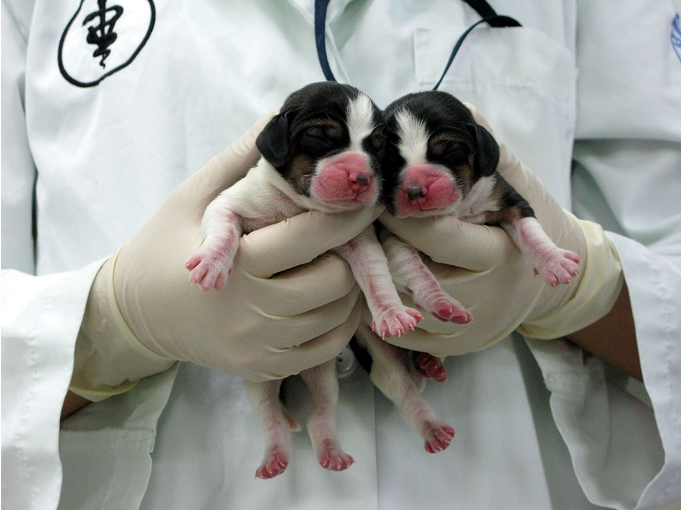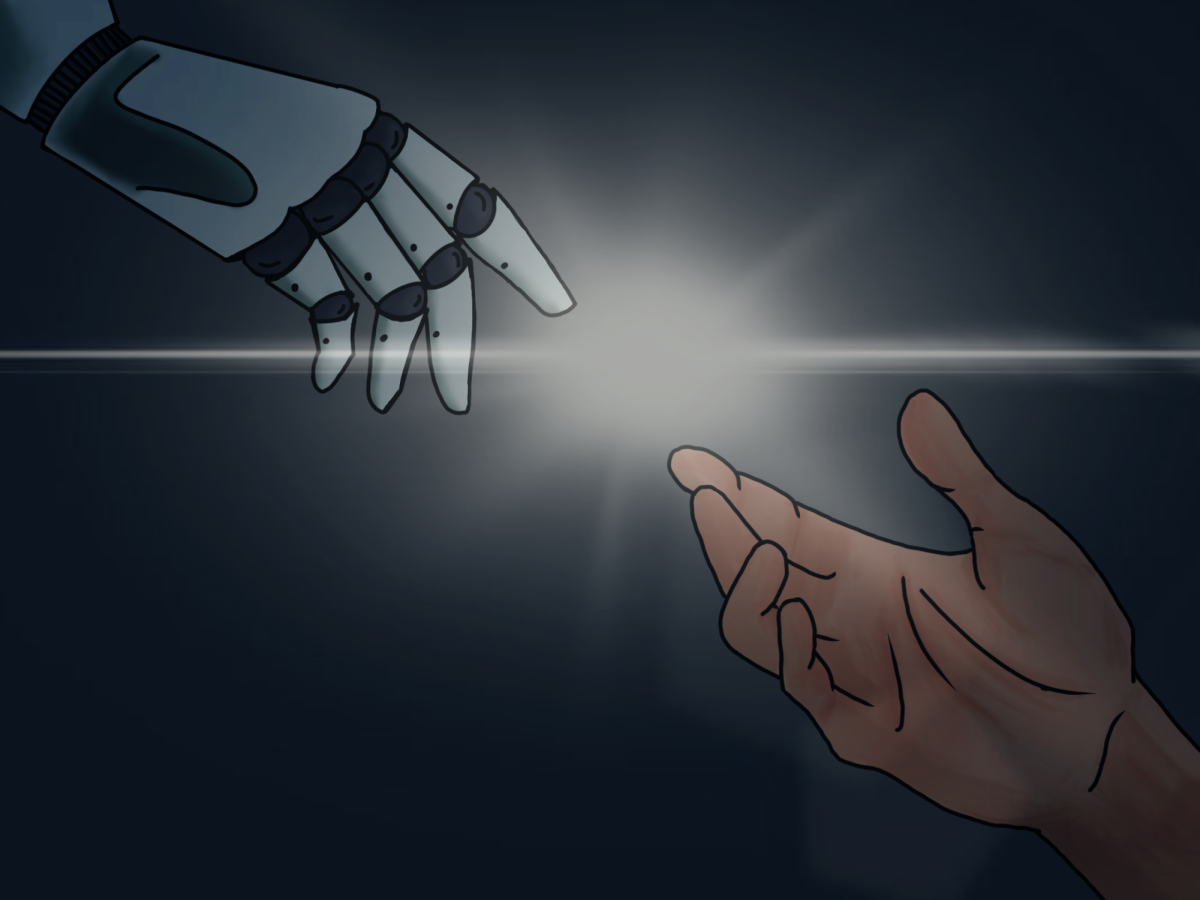Imagine this; you wake up and see a wolly mammoth on the street. Except, it’s not your imagination, it’s real. How? One simple word: cloning. Cloning is a scientific process where you create genetically identical copies of a living organism. Ever since the first sheep was cloned, the debate on ethics had begun. The debate on multifaceted, however to find the “right” answer, you have to look at both sides of the argument.
There are many benefits to cloning. There can be many medical advancements. Instead of waiting for a donor, scientists could clone organs. This could reduce the organ shortages in the world. If we move to the world of farming, cloning could produce crops with high quality all the time and could clone plants/animals that are more resistant to viruses. This would make plants and, especially, meat safer to eat. Cloning could also revive extinct species, which is very useful for ecological balance.
However, the world of cloning isn’t all good. If a scientist clones a human, would it be it’s own individual, or just a copy? Also, if the process of cloning is messed up, it could cause many birth defects, health problems, and shortened lifespans. Would it be worth cloning if it would just suffer? If human cloning became possible, there would be a risk of people creating “designer” babies, which is like an “ideal” baby with specific traits, leading to less genetic diversity. Cloning could also impact the ecosystems, causing the problem it was meant to fix. Cloning could also be misused, and create countless more problems than listed.
Cloning isn’t just a myth, it’s a reality. In fact, around 22 animals have been cloned, all with some sort of defect. Cloning is definitely a process to look upto, however it has a lot of hazards. By cloning thousands of people, you could make an army which could potentially do anything. There are currently no restrictions on cloning, however there definitely should be. While cloning does allow for some amazing things, some things are better left untouched, or in other words, uncloned. When cloning, people might think economically rather than ethically, which in all sorts is horrible. Could cloning be beneficial to our society? Sure! Is it worth taking the risk? Definitely not. If cloning is to become available to the public, it should be done with very strict standards, because one mistake could lead to another, which eventually leads to disaster. In the end, it may just be worth it to leave some natures in the world, like the wolly mammoth, how it is. Untouched and uncloned.






































